With the advent of smartphones and myriads of apps, it’s tougher than ever to divert a child’s attention to school, regardless of the subject. Ironically, the topic of water is more important than ever given the rise of polluted sources. However, there are ways for patient teachers to make their lessons more fun and engaging, so let’s talk about a few.
Make it hands-on
There are a variety of hands-on water activities that allow your students to investigate the properties of water. From learning about osmosis with gummy bears to creating water filters, there’s plenty to check out on this free water science activity page.
Allow the kids to form their own groups for the presentation project
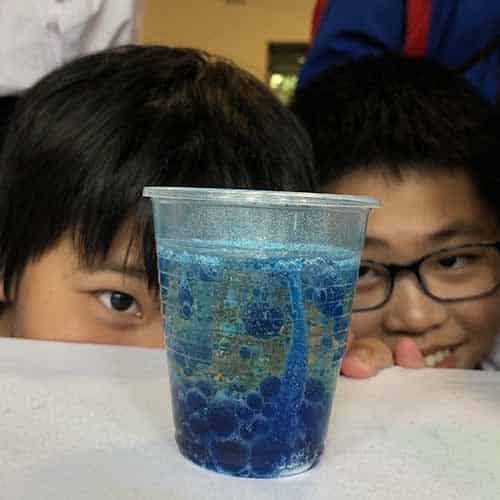
Making an alka seltzer lava lamp
Announce a presentation class that the children will host, but make sure to give them enough time to prepare. Allow them to form their own groups, as this will make them a bit more motivated; right after the groups are formed, there are all kinds of activities that can be held after.
Divide the project into as many segments as there are groups, and ask your class which group wants to take each part. If you don’t receive the kind of feedback you were expecting, put the topics on paper, and let the group representatives draw them. Some of the examples of creative topics would be ‘why are we drinking bottled water?’, ‘where does our water come from?’, ‘why is it raining?’, and such. Keep the essential ones for the classes that you will hold personally.
Using post-it notes to teach collaboration
Presentation classes are great for socialization, and they introduce the element of fun into studying and preparation. However, not all groups will be as eager and diligent, so it’s up to you to lend a helping hand to each student as they are presenting their piece.
Create your own props
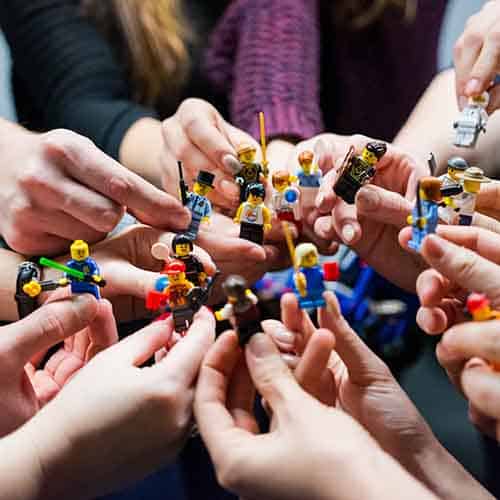
Photo by Vlad Hilitanu
The attention span of an average student is roughly fifteen minutes, at least as far as you’re presenting the lessons through spoken word exclusively. While you can prolong the length of this span by a few minutes if you’re particularly cognizant of your vocal dynamics and emphasize key points in an almost dramatic fashion, ultimately kids aren’t particularly fond of listening to anyone for longer periods.
That’s why teachers who spice their classes up with props tend to fare a bit better. Even if it’s just an empty bottle, you can use it to visually interpret the lesson a bit better than with body language and words alone.
For best effects, create your own props. Whether it’s a knit shawl with a message, a figurine of Aquaman, or a pack of LEGO bricks that depict a beach, your students will pay more attention to your lessons simply because they’ll be more curious about what you’ve brought and how is it linked to what you’re saying. The more relevant the props are to the lesson, the better your chances will be.
Using role-plays to teach science
Discuss tap water and water softeners/filters
Nowadays, most people drink bottled water instead of tap water, and for all the right reasons. Even if the cleanest waters flow through the pipelines of our homes, the pipes and taps tend to get rusty over time.
Furthermore, most water sources are polluted to a certain degree, so the kids should know not to drink tap water unless it was purified by water softeners or filters.
You can link the lessons about filters with droughts in Africa and the inventions of filter straws, purifying pills, and similar gadgets. Furthermore, you can also link these stories to facts that water isn’t in unlimited supply, and that we’re slowly moving towards the future where pristinely clear water will become a luxury.
Propose extracurricular camping trips near a lake or a river
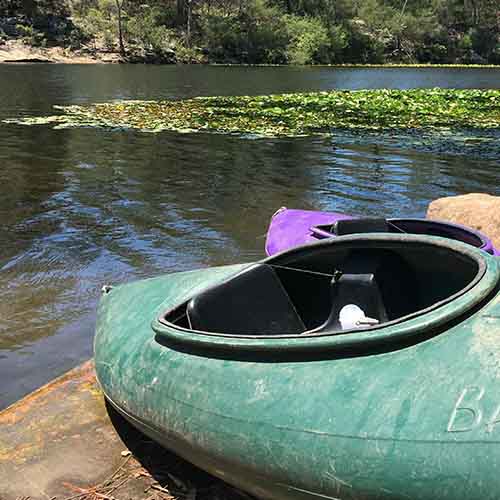
See teaching science lessons from a kayak
The most efficient way to keep the attention of your class to the topic of water is to actually be near it as you’re presenting the lesson. Most kids will be hyped just to hear that they’re leaving the school grounds, so this is a sure-fire way of lifting their spirits up from the get-go.
Before you get to the designated location, research the history of the particular lake or river that you’re visiting; inquire about its name and whether anything interesting has happened throughout history.
Even if the location is completely ‘dry’ of stories, there are still ways to make the trip entertaining. Make a list of activities that your class can partake in, such as net fishing, collecting clams or rocks, and pretty much anything involving being either in the water or as close to it as possible.
As the camping trip is nearly over, sit with your class over sandwiches and juice and ask them what they’ve learned today. You can even make a little quiz on the spot before the bus takes you home.
Disguise lessons into storytelling classes
Whenever a lesson begins with ‘today we’ll talk about,’ you’ve lost the attention of at least half of your class, especially if the topic is either too broad or too specific. The best way to go about any lesson is to make it into a story with your students as the main actors.
It can be a fable of dragons being defeated by aqua mages, a tale of a post-apocalyptic sci-fi world where robots are fighting humans for the remaining sources of clear water, or a story of the first drop of water that had fallen to the Earth from the universe.
Even though this may not appeal as much to the cool kids in your class, the majority of students will invariably react better to stories with heroes, villains, punchlines, and plot twists than to rigid, formal lessons.
Talk about movies or video games with aquatic games
Photo by Nina PhotoLab
Kids pay more attention to relevant topics than to history, so you’ll be able to captivate their attention easier if you link your lessons to movies and video games with aquatic themes.
For instance, if you’re giving a lesson on water cycles and rain, you can connect the vapors to Smoke from Mortal Kombat or Aang, the Last Airbender. Both series feature ice and liquid-based superheroes and villains and are popular among both children and adults.
Linking lessons to fictional (and relevant) characters is also an excellent way to help the students memorize them more easily. Its all about promoting better feedback and engagement!
Happy Teaching,
Nadine
About the Author
Nadine Reid is a former teacher at Berkeley University with a bachelor’s degree in hydrology. Nadine was born in Dedham, Massachusetts, and is now handling content across multiple fields involving water, filters, and the like
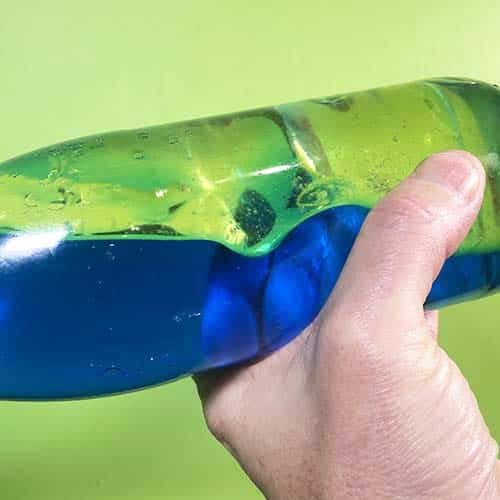
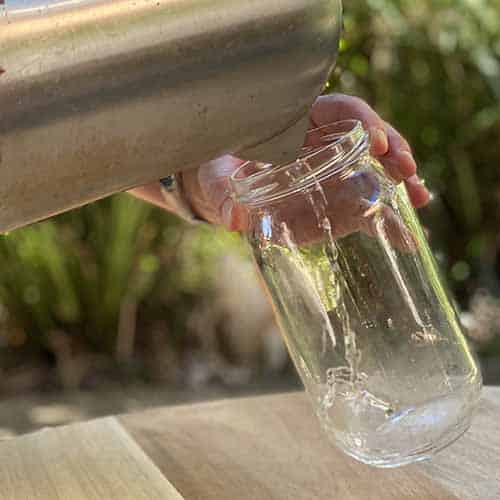
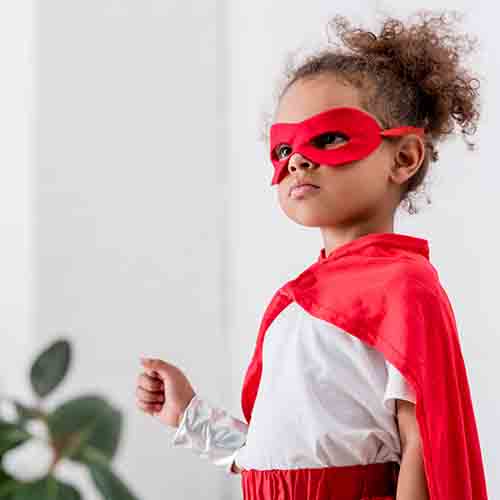
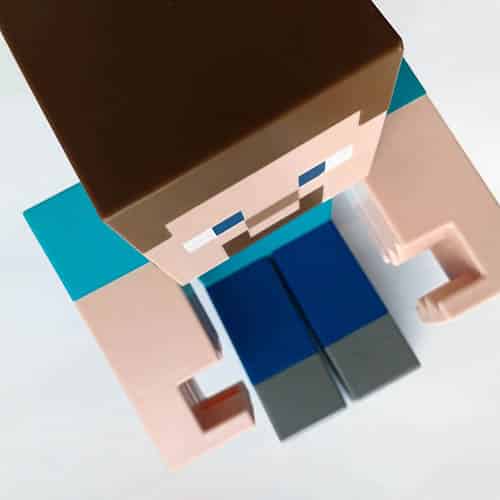


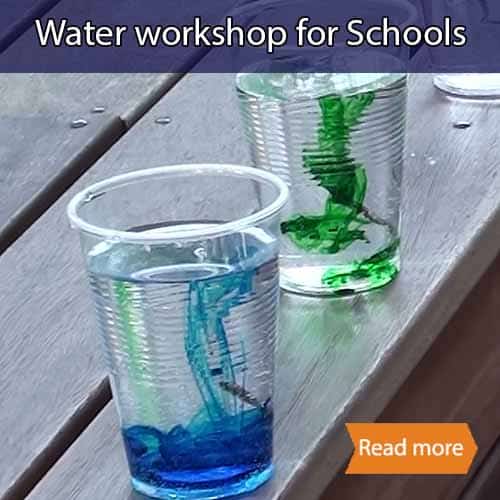























Comments